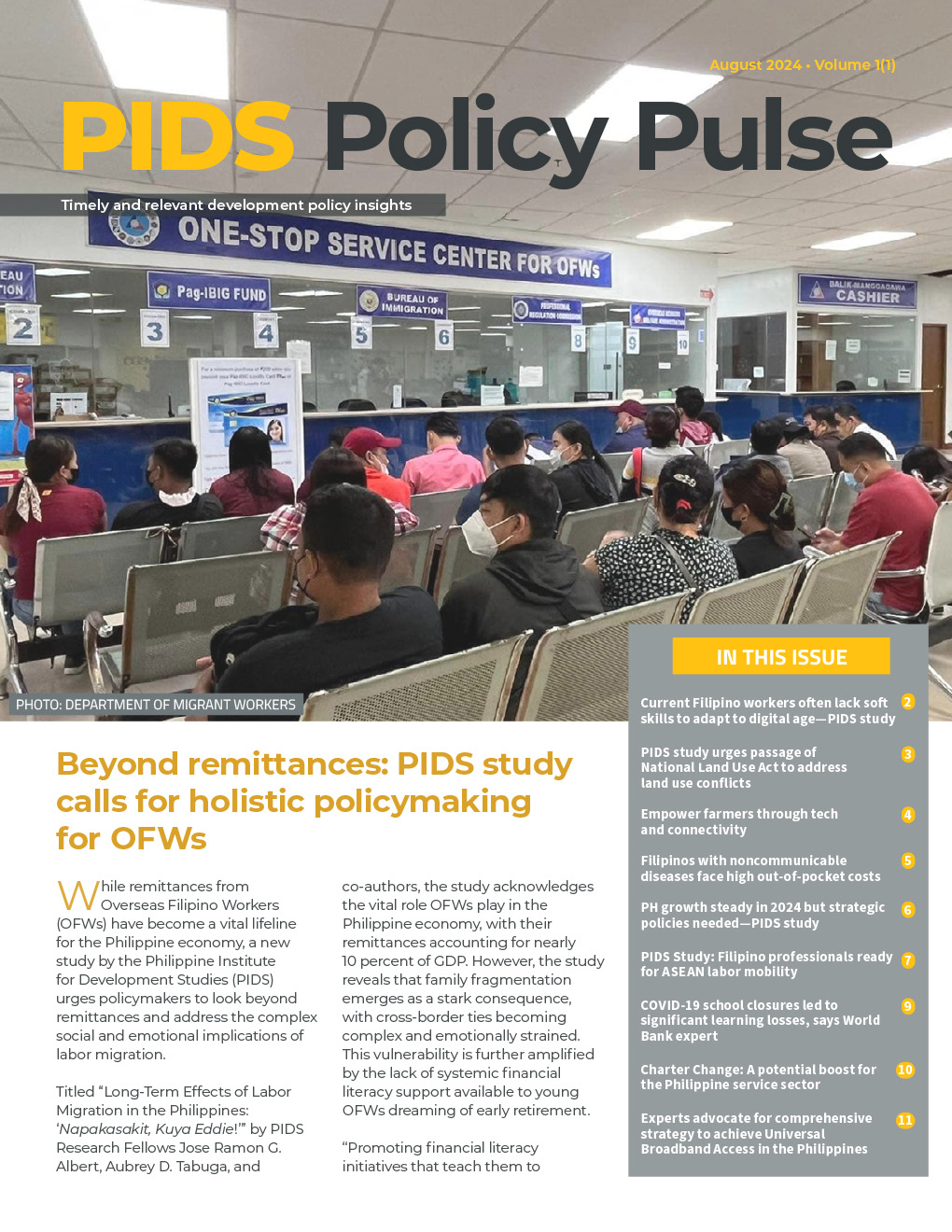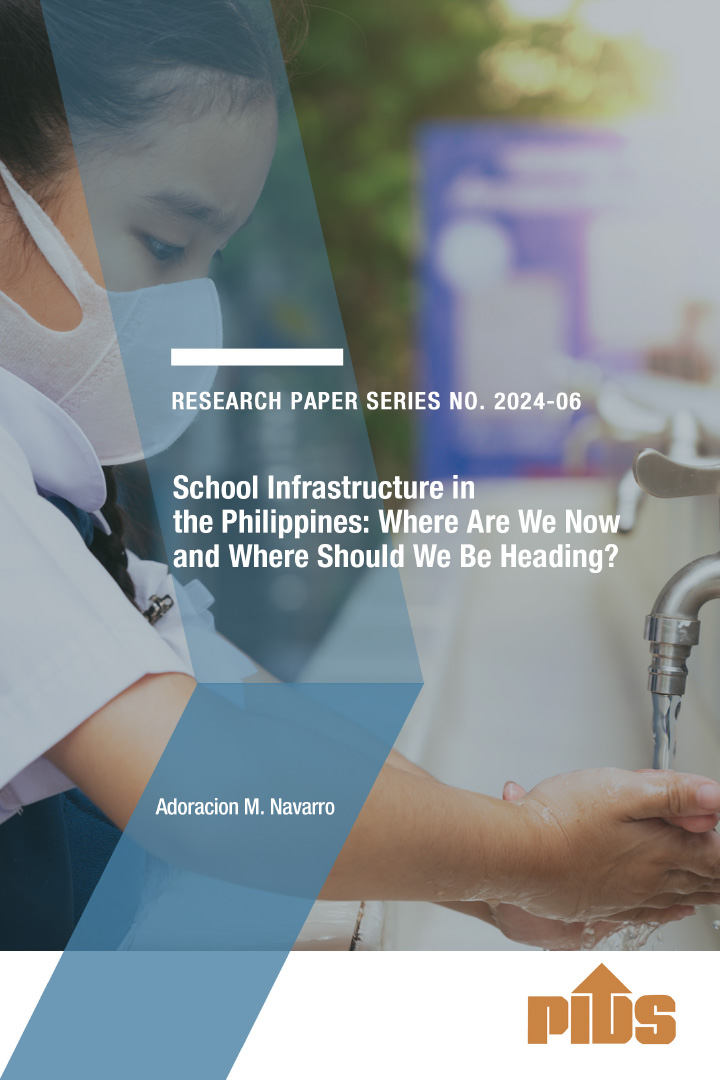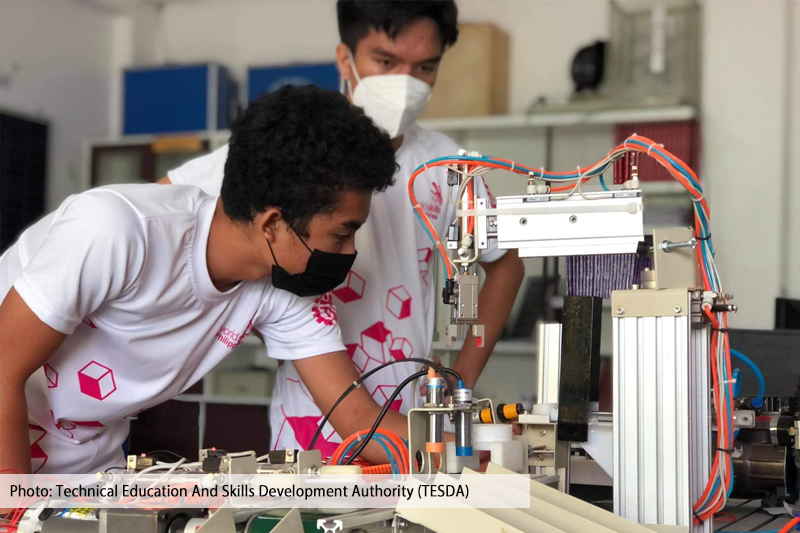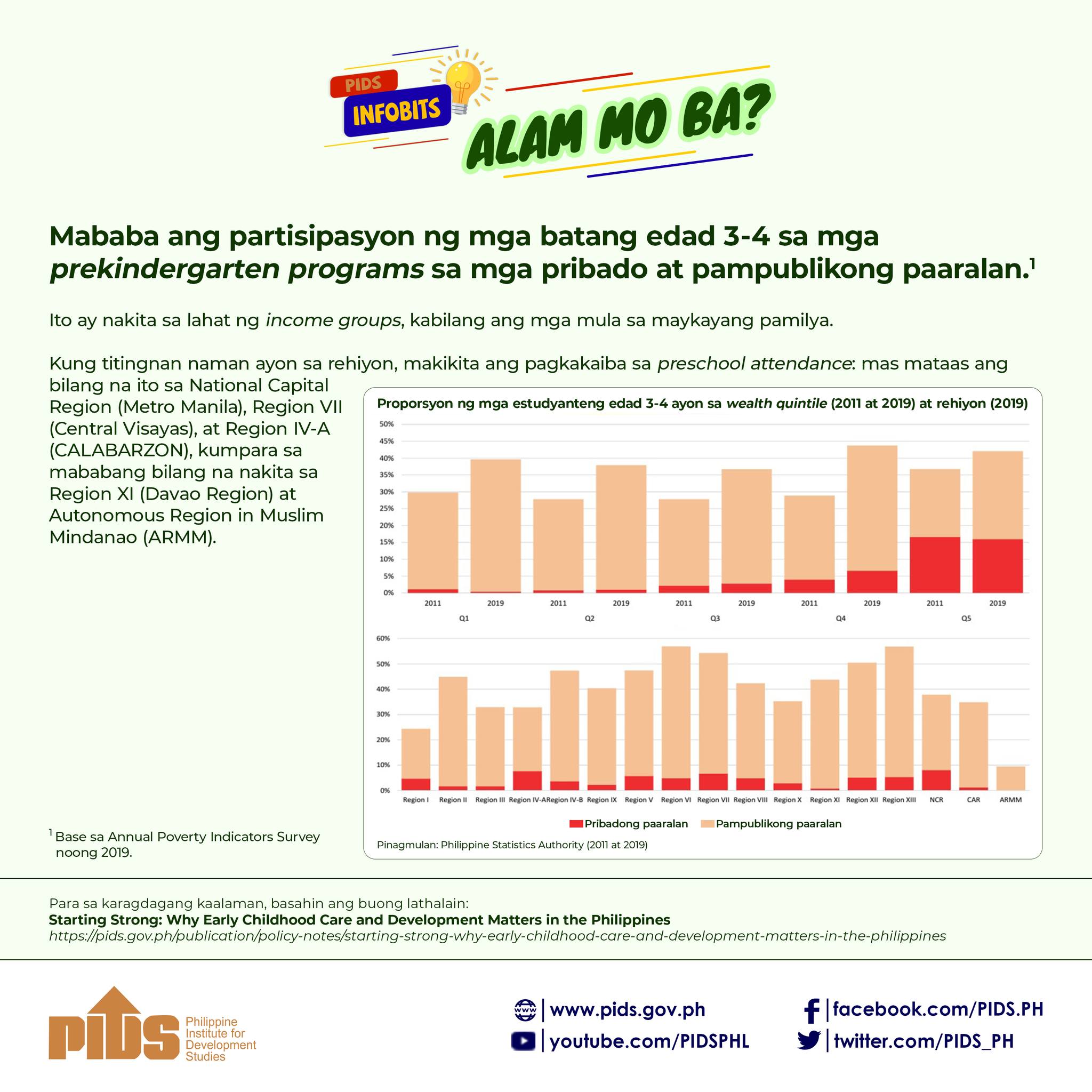THE country's graduate education system is critical to serve the country's development goals, according to a research paper published by state think tank Philippine Institute for Development Studies (Pids).
It is necessary to determine if the graduate education programs in the country contribute to the skills and competencies needed in the labor market, said Mira Alexis Ofreneo, author of the study and Pids research consultant. Moreover, it is important that the country’s masteral and doctoral programs are developing the competencies needed to manage, schools, corporations, and government organizations, Ofreneo said.
The study was carried out through the PIDS-CHED research project "An Assessment of the State of Graduate Education Programs in the Philippines.”
"There are 2,299 higher education institutions (HEIs) in the Philippines, 656 of which are state universities and colleges (SUCs) while 1,643 are private HEIs,” Ofreneo said. "A total of 647 HEIs (28 percent) offer master’s programs and 313 (14 percent) offer doctoral programs,” she said.
"The master’s programs with the most number of graduates are Education (27 percent), Nursing (14 percent), and Business Administration (11 percent),” Ofreneo said. "Education Management, Public Administration, Teaching, Management, Information Technology, Master of Arts programs, and Public Health were the other programs that landed in the top 10,” she said.
Meanwhile, the most widely offered doctoral programs are Educational Management (45 percent), Education (25 percent), and Public Administration (19 percent), Ofreneo said. "The other programs that landed in the top 10 are Business Administration, Philosophy, Management, Development Education, Science Education, Educational Administration, and Business Management,” she said.
During the National Workshop on Services last May organized by PIDS and the Department of Foreign Affairs, Dr. Tereso Tullao of the Angelo King Institute for Economic and Business Studies, De La Salle University, underscored in his presentation that the country still has a lot of catching up to do to raise the competitiveness level of Philippine higher education.
The Philippines is ranked 67th in higher education and training and 81st in tertiary enrollment in the 2013-2014 Global Competitiveness Report. The Report assessed the competitiveness of 148 companies to provide insight into the drivers of their productivity and prosperity.
"In relation to this, only 21.5 percent of the more than 2,200 HEIs in the country have some form of accreditation," Tullao said. Only 12.7 percent of 130,000 faculty members have doctoral degrees.//












